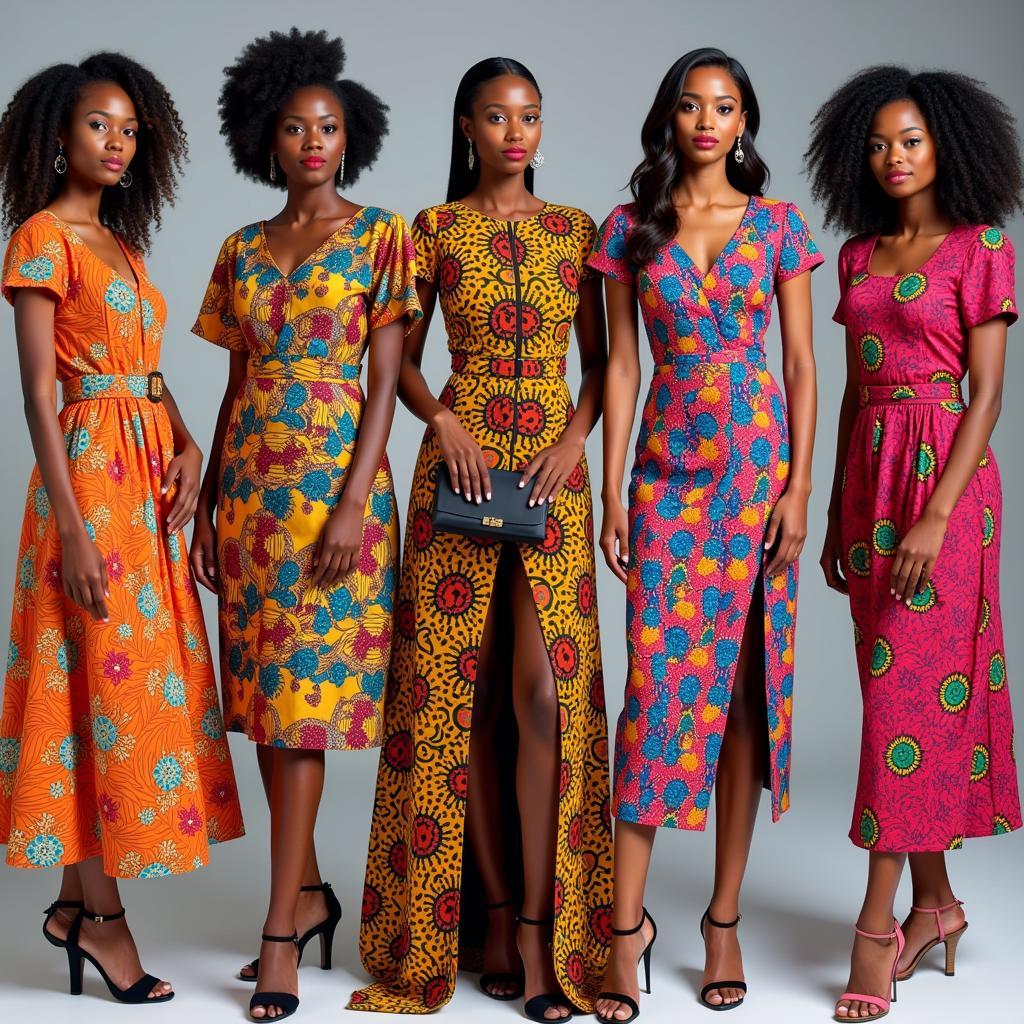A Powerful Legacy: Understanding African American Social Movements
African American Social Movements have profoundly shaped the social and political landscape of the United States, leaving an indelible mark on the fight for equality and justice. From the earliest struggles against slavery to the ongoing fight for civil rights, these movements reflect the unwavering spirit and resilience of a community determined to secure its rightful place in society. This article delves into the history, impact, and ongoing relevance of these movements, exploring key events, influential figures, and the continuing quest for social justice.
From Abolition to Civil Rights: A Timeline of Struggle
The fight for African American liberation has a long and complex history, beginning with the horrors of slavery and continuing through various forms of oppression and discrimination. Early forms of resistance included slave revolts and the Underground Railroad, a network of secret routes and safe houses used by enslaved African Americans to escape to freedom. The abolitionist movement, championed by both Black and white activists, played a crucial role in raising awareness and advocating for the end of slavery.
Following the Civil War and the abolition of slavery, the fight for equality continued through the Reconstruction era and beyond. The rise of Jim Crow laws in the late 19th century enforced segregation and disenfranchisement, creating a system of racial hierarchy that permeated every aspect of life. This period witnessed the emergence of key figures like Booker T. Washington and W.E.B. Du Bois, who offered differing approaches to achieving racial equality. Washington advocated for vocational education and economic self-sufficiency, while Du Bois emphasized higher education and political activism.
The mid-20th century saw the rise of the modern Civil Rights Movement, marked by iconic figures like Martin Luther King Jr., Rosa Parks, and Malcolm X. Through nonviolent protests, boycotts, and sit-ins, activists challenged segregation and discrimination in housing, education, employment, and voting rights. Landmark legislation like the Civil Rights Act of 1964 and the Voting Rights Act of 1965 represented significant victories in the fight for equality.
The Ongoing Fight for Social Justice: Contemporary African American Social Movements
The struggle for social justice continues in the 21st century, addressing issues such as police brutality, mass incarceration, economic inequality, and systemic racism. african american art prints. The Black Lives Matter movement, sparked by the killing of Trayvon Martin in 2013, has brought renewed attention to racial injustice and police violence, sparking protests and activism across the globe.
“The fight for equality is a marathon, not a sprint. We must continue to push for meaningful change and hold those in power accountable.” – Dr. Angela Davis, scholar and activist.
The Impact of Social Media and Technology
Social media and technology have played a significant role in amplifying the voices of activists and raising awareness about social justice issues. Platforms like Twitter, Facebook, and Instagram have become powerful tools for organizing protests, sharing information, and mobilizing communities.
What were the major goals of the Civil Rights Movement?
The Civil Rights Movement aimed to end segregation, secure voting rights, and achieve equal opportunities in education, employment, and housing for African Americans.
How did African American social movements influence other social justice movements?
The strategies and tactics employed by African American social movements, such as nonviolent resistance and civil disobedience, have served as a model for other social justice movements around the world, including the women’s rights movement and the LGBTQ+ rights movement.
What are some of the key challenges facing African American communities today?
Contemporary challenges facing African American communities include persistent economic inequality, disparities in healthcare and education, and the ongoing struggle against systemic racism and police brutality. african american christian biography.
How can individuals contribute to the fight for racial justice?
Individuals can contribute to the fight for racial justice by educating themselves about the history and ongoing impact of racism, supporting organizations that advocate for racial equality, and engaging in dialogue and action within their own communities. abstract on african americans.
“True equality requires dismantling systemic barriers and creating a society where everyone has the opportunity to thrive.” – Dr. Kenneth Clark, psychologist and educator. african american and millennial and woman and psychographics. african american fucking girls.
African American social movements have played a pivotal role in shaping the struggle for equality and justice. From the fight against slavery to the ongoing pursuit of racial justice, these movements demonstrate the power of collective action and the enduring pursuit of a more equitable society. We must remember the sacrifices made by those who came before us and continue to work towards a future where all people are treated with dignity and respect.
For support, contact us at +255768904061, kaka.mag@gmail.com, or visit us in Mbarali DC Mawindi, Kangaga, Tanzania. We have a 24/7 customer service team.
